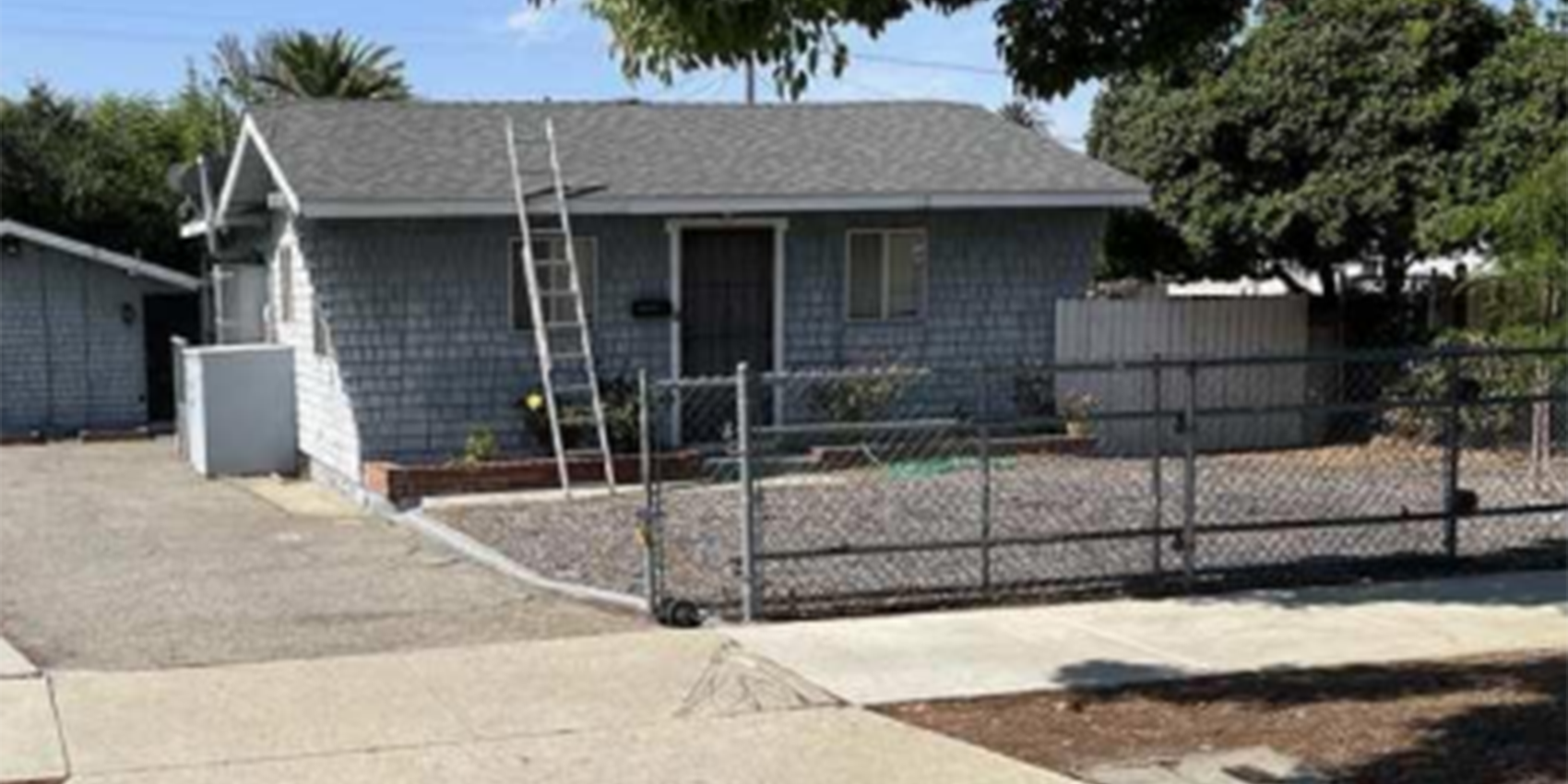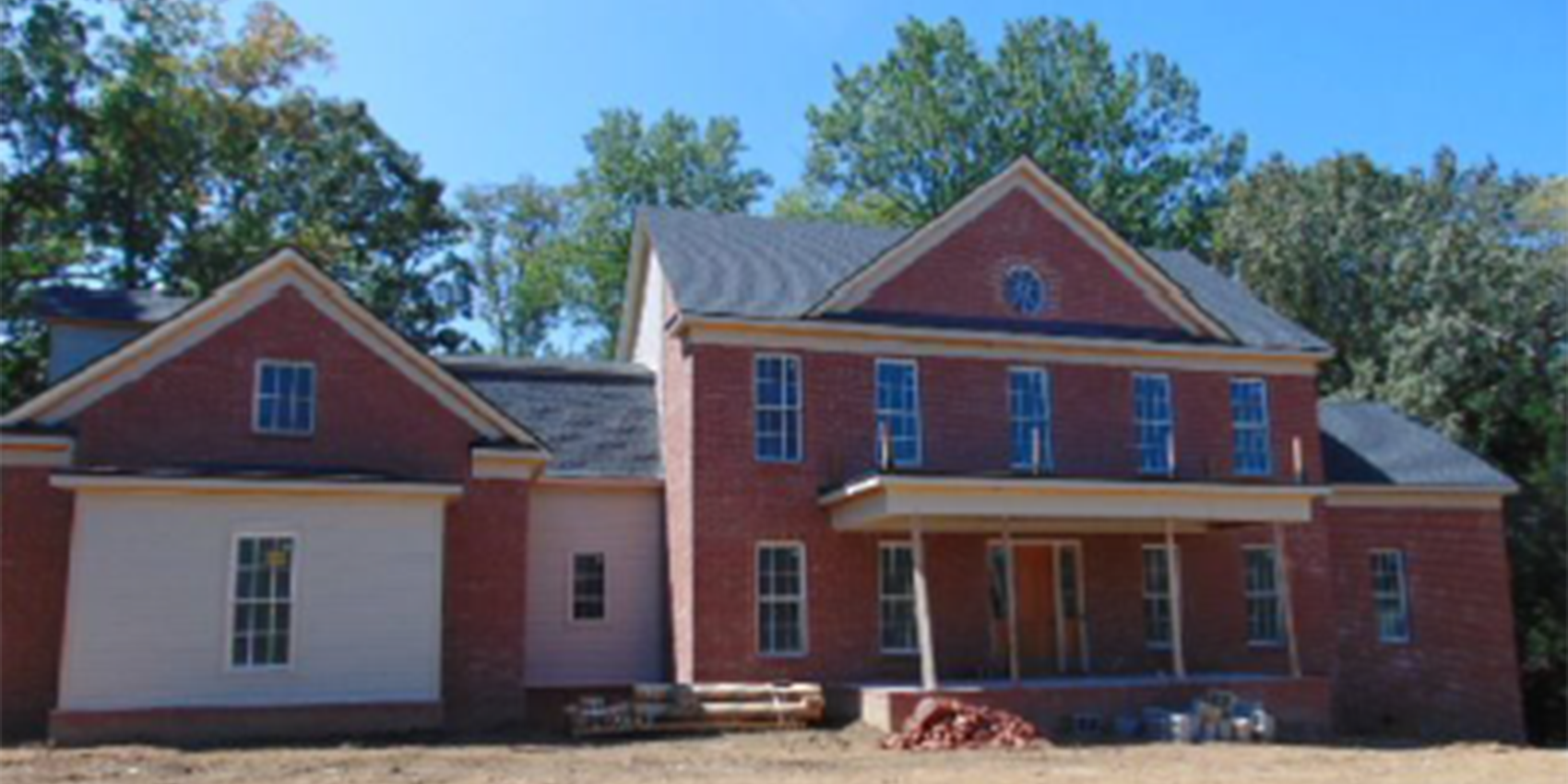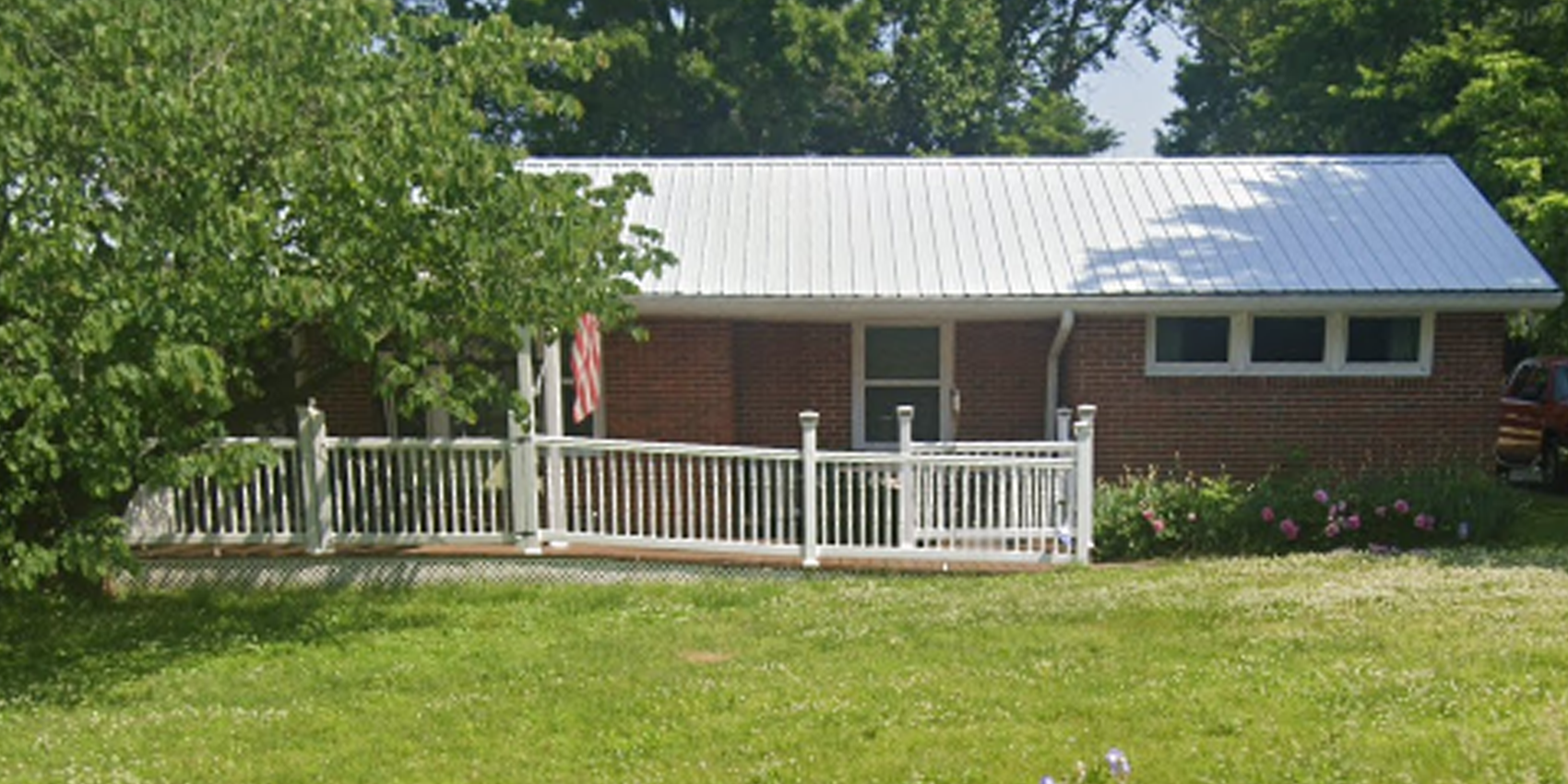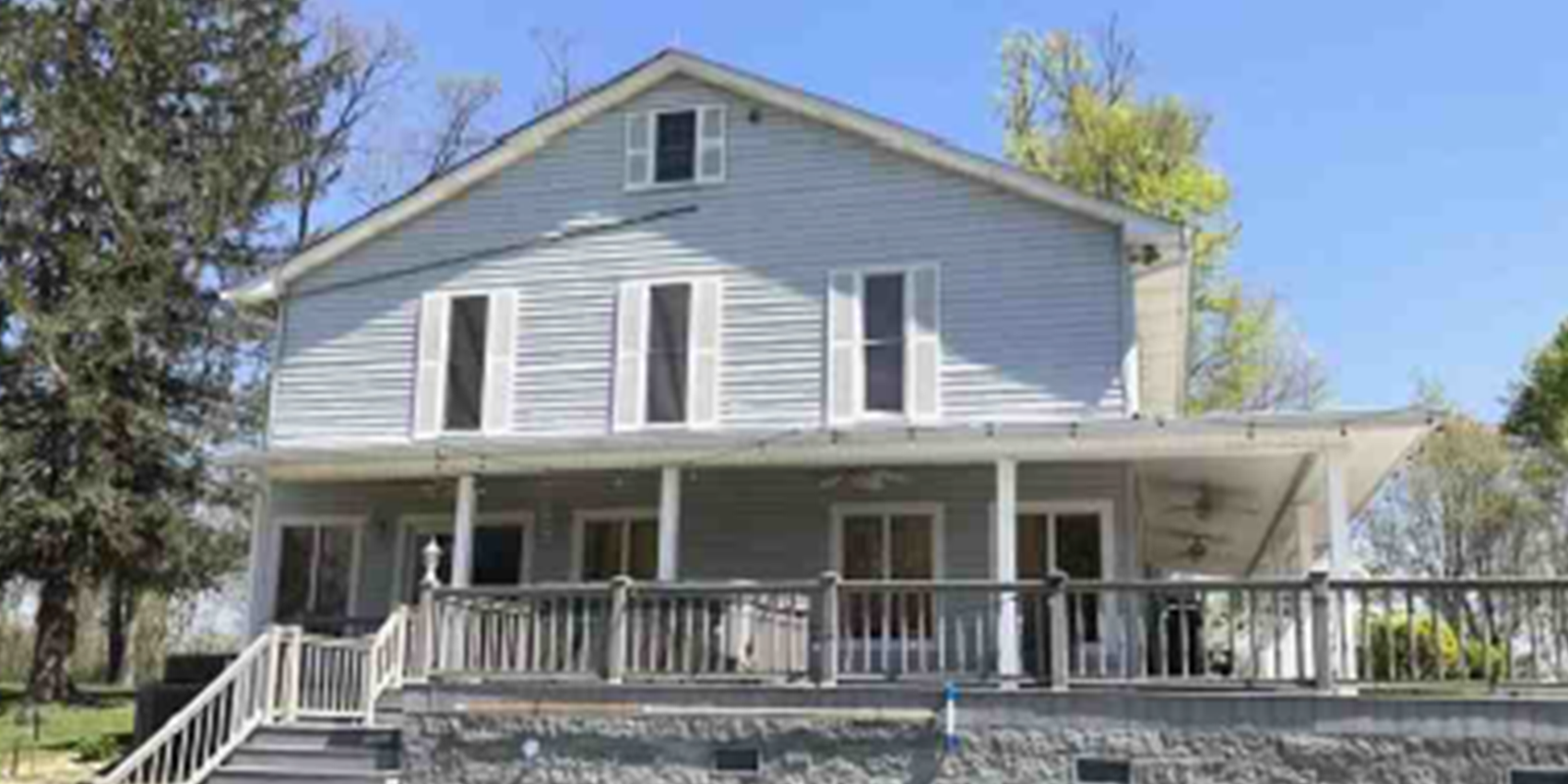In today’s economic market, Private Equity firms are raising capital faster than they can spend it. There was more than $810 billion placed into Private Equity funds by investors in 20211. Even with the COVID-19 pandemic, real estate investment volume is expected to continue to rise and flourish. The Private Equity Wire stated in their “Future Flows: The Next Generation of Private Equity LPS” insight report, “Holdings of private assets are expected to rise 60% between 2020 and 2025. Private Equity is showing the most growth and will account for nearly 70% of alternative assets under management (AUM) by 2025. 1”
While primary markets used to be prized investment opportunities, they have started to lose investors to the secondary markets. These secondary markets typically have more security and a higher demand which is a positive towards investors. According to a report by private equity solutions provider Triago2, “the volume of the private equity secondary market is projected to reach $113 billion in 2021. It would be the first year in which the secondary market has hit the $100 billion mark, surpassing the previous record of $83 billion in 2019.”
In addition to direct investments within alternative assets, Private Equity firms are also contributing to debt funds, “lending as much as $100 Billion this year.3” According to the Mortgage Bankers Association “The private equity money is funding construction, remodeling, and other relatively short-term borrowing that’s often too risky for banks, charging higher interest rates in exchange for more generous terms, such as greater loan-to-value ratios and no prepayment penalties.”3

Due to the rate at which homeowners and other borrowers have sought debt relief from Covid-19, and how it has caused a shortage of lending sources across the real-estate industry, institutional lending has become much harder to obtain. JP Morgan Chase, Bank of America, Citigroup and Wells Fargo reported at least $151.5 Billion in loans with payments in deferral. As a result, these banks set aside more than $32 Billion for loan losses in the second quarter, according to Stephen Lubbers4 for Bloomberg L.P. As banks must contend with tighter regulations and lending practices, Private Debt is more important than ever for LP portfolios and especially for private companies back to the market.”5 – Dr. Daniel Schmidt, Founder & CEO, CEPRES.
This brings us to the question, how does Paradyme meet the needs of Private Equity in today’s economic market? The answer to that is Paradyme is diversifying our investment opportunities in both equity and debt. On our platform we provide investors the opportunity to invest in equity within the following asset classes: multifamily, hospitality, and storage.
The offerings that contain equity within Paradyme’s multifamily asset class includes Pine Street San Antonio, TX, and Parkview Place Lakewood, CO. Paradyme’s hospitality offering consists of Vienza Winery Resort and Spa in Temecula, CA and finally our storage offering is Paradyme Storage located in Lake Havasu City, AZ. By Paradyme tracking the data supporting secondary markets, we have acquired assets located in these highly desirable areas.
Additionally on our platform is a $100M Income Fund which is a structured debt fund.
Paradyme CEO, Ryan Garland, designed the Secured Income Fund to provide investors with current income in the form of regular, stable cash distributions at an attractive risk-adjusted yield and preserve and protect invested capital. This fund was structured to provide debt loans for new construction or property conversion and renovation, as well as other interests in real estate; all secured by first trust deeds.
Since the 2008 total economic upheaval, Paradyme has focused on the shifting market trends and collected data to ensure the best decisions for our investors were being made. Staying ahead of the shifting markets is what Paradyme strives to achieve, while also providing the upmost security for our investors. As stated by Ryan Garland in the Wealth Management article “The Real Deal, “Investors should consider Paradyme because of the great lengths we go to in terms of risk mitigation, asset class selection, and an ability to rapidly implement Paradyme shifts to adapt to an ever evolving real estate market.”6
Works Cited
Babb, C. H. (2020, August 6). Banks Report: Billions of Dollars in Loan Repayments Deferred. Retrieved from MReport: https://themreport.com/daily-dose/08-06-2020/banks-report-billions-of-dollars-in-loan-repayments-deferred
Cepres. (2020, August 27). Private Debt Allocations Increasing but Growing Complexity Requires Savvy Investors. Retrieved from CEPRES: https://cepres.com/private-debt-allocations-increasing-but-growing-complexity-requires-savvy-investors
Gittelsohn, J. (2021, December 22). Private Equity Raises Real Estate Money Too Fast to Spend It. Retrieved from Bloomberg: https://www.bloomberg.com/news/articles/2021-12-22/private-equity-raises-real-estate-money-too-fast-to-spend-it
Private Equity Wire. (2022). Future Flows: The Next Generation of Private Equity LPS. London: Global Fund Media.
Wealth Management. (2020). The Real Deal. Retrieved from Wealth Management: https://paradymeinvestments.com/wp-content/uploads/2020/03/Family-Office-Investor-Magazine-Paradyme-Investments-The-Real-Deal.pdf
Zhang, H. (2021, December 2021). Once “Unloved,” Private Equity Secondaries Just Had a Record Year. Retrieved from Institutional Investor: https://www.institutionalinvestor.com/article/b1vz6z22h0l0kp/Once-Unloved-Private-Equity-Secondaries-Just-Had-a-Record-Year#:~:text=According%20to%20a%20report%20by,reach%20%24113%20billion%20in%202021.&text=Once%20an%20unloved%20asset%20class,in%20PE%20f







